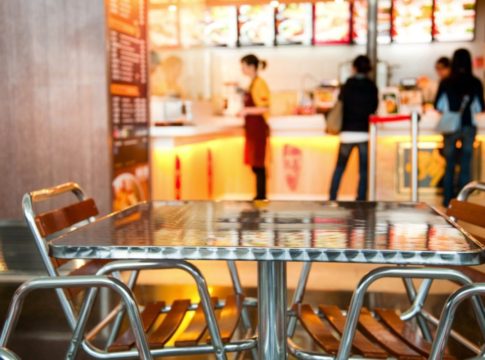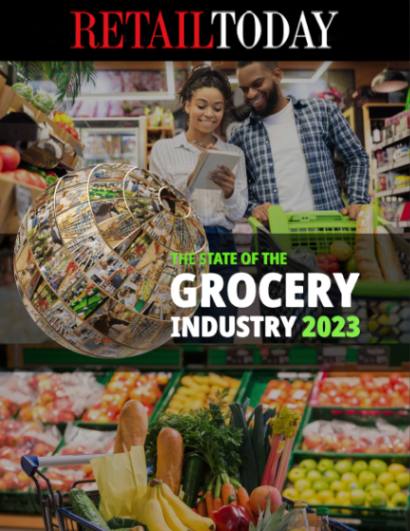Consumer spending drastically changed when the coronavirus hit the U.S., impacting the trajectory of retail food & beverage and foodservice sales. COVID-19: Reinventing How America Eats, a new report from Acosta, a leading full-service sales and marketing agency in the consumer packaged goods industry, breaks down changes to retail spending and eating habits and highlights new opportunities for manufacturers.
“With more than half of consumers eating at home more often and some with less money to spend, there are a myriad of challenges and opportunities for retailers and manufacturers to navigate,” said Colin Stewart, Executive Vice President, Business Intelligence at Acosta. “The implications of staying at home and reduced commutes are far reaching and jolted channel trends. Foodservice sales surpassed retail food & beverage sales in 2015 and were expected to continue to gain share, until the pandemic hit. Now, even the best-case scenario for foodservice will end the year in the red. Other trends, like e-commerce, have been accelerated, with online food, beverage and alcohol spend expected to increase 30% this year.”
Acosta’s research provides insight into consumers’ new eating habits and plans for eating out post-COVID-19 as well as recommendations to help manufacturers, including:
Eating at Home Far More Often Than Before
- More than half of shoppers (55%) are eating at home more often since the pandemic began.
- Forty-four percent of shoppers are eating breakfast at home every day, compared to 33% pre-COVID.
- Thirty-one percent of shoppers are eating lunch at home every day, compared to 18% pre-COVID.
- Thirty-three percent of shoppers are eating dinner at home every day, compared to 21% pre-COVID.
- A quarter of shoppers are sick of having to cook more, while 35% of shoppers found a new passion for cooking during the pandemic.
- The biggest challenges shoppers reported when meal planning are: grocery shopping because of the risk of exposure to COVID-19 in public (45%); planning different meals every day (40%); lacking a food/ingredient needed to make a meal (38%); and improving cooking skills (17%).
Post-COVID Dining Predictions
- After the pandemic is over, many diners anticipate eating out less than before or not at all.
- Forty-seven percent of shoppers plan to eat breakfast out less often or not at all.
- Thirty-three percent of shoppers plan to eat lunch out less often or not at all.
- Twenty-nine percent of shoppers plan to eat dinner out less often or not at all.
- Of shoppers who anticipate eating out less often or not at all, the top reasons are concerns about the effects of COVID-19 and to save money.
Manufacturer Opportunities in the New Normal
- Understand consumers’ needs and provide solutions and inspiration.
- Utilize technology to drive toward labor-saving solutions.
- Leverage the power of partnerships by extending foodservice brands and chef-forward ideas into retail.
- Focus on efficacy of packaging by food type to deliver a dining-in quality food experience.
Acosta’s COVID-19: Reinventing How America Eats report was compiled using industry data and proprietary information sources including online surveys of the Company’s proprietary shopper community, conducted between July 8 and July 15, 2020.





